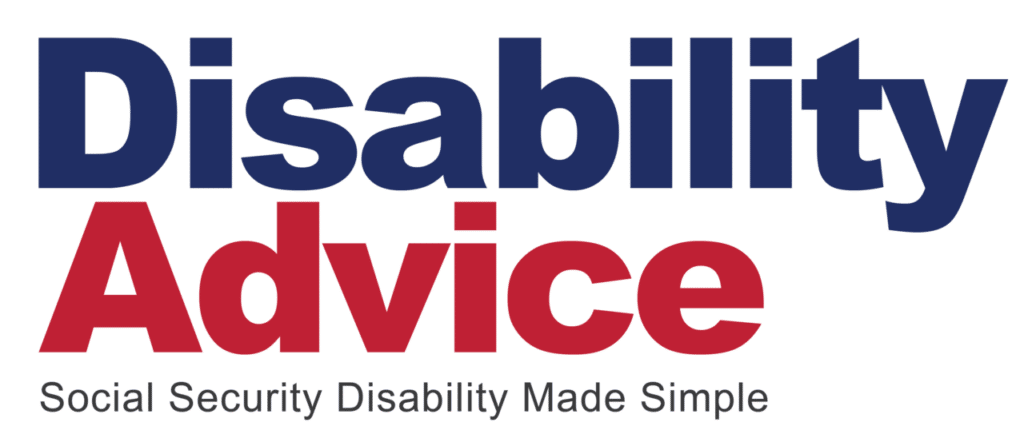Video Transcript
Who qualifies for Social Security Disability benefits? Understanding the eligibility requirements can help you determine if you may receive benefits. If you are unable to work due to a disability, you may be wondering whether you qualify for Social Security Disability Insurance, or SSDI. The Social Security Administration (SSA) has strict criteria for eligibility, and meeting these requirements is the first step in securing benefits.
In this video, we will cover who qualifies for SSDI, the medical and work history requirements, and how Disability Advice can help you navigate the process.
To receive SSDI, you must meet two main criteria: a medical requirement and a work history requirement. The Social Security Administration will evaluate both before determining eligibility.
SSA considers you disabled if you have a medically determinable condition that prevents you from engaging in substantial gainful activity (SGA), has lasted or is expected to last at least 12 months, or is expected to result in death. Your condition must be listed in, or equivalent to a condition listed in, the SSA’s Blue Book. If your condition does not meet a listing, SSA will assess your ability to work based on medical evidence.
In addition to medical eligibility, you must have worked long enough and recently enough to qualify for SSDI. SSA uses a credit system where you earn up to four work credits per year based on your earnings. Generally, you need a sufficient number of total work credits depending on your age and recent work history—typically, this means working five of the last ten years.
If you do not have enough work credits, you may not qualify for SSDI, but you might be eligible for Supplemental Security Income (SSI).
Some exceptions apply:
Blind individuals have different eligibility criteria with fewer work history requirements.
Disabled adult children may qualify based on a parent’s work history.
Widows and widowers with disabilities may receive benefits based on a deceased spouse’s work record.
If you meet both the medical and work history requirements, you can apply for SSDI through the Social Security Administration’s website, by calling SSA, or by visiting a local office. Seeking assistance from Disability Advice can also be beneficial.
If your initial claim is denied, you have the right to appeal within 60 days. Disability Advice can help strengthen your case and guide you through the appeals process.
Many SSDI applications are denied due to incomplete information, lack of medical evidence, or errors in the application. Disability Advice provides expert guidance to ensure your claim is properly documented and improves your chances of approval.
If you are applying for SSDI or appealing a denial, visit disabilityadvice.org to learn how we can help. Our team is dedicated to making the SSDI process easier and ensuring you receive the benefits you deserve.

Linda Cosme
VA-Accredited Attorney & U.S. Army Veteran
Lorem ipsum dolor sit amet, consectetur adipiscing elit, sed do eiusmod tempor incididunt ut labore et dolore magna aliqua.

